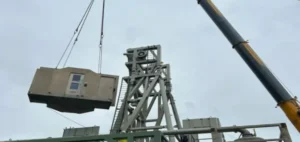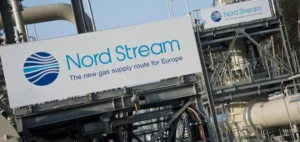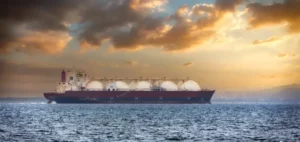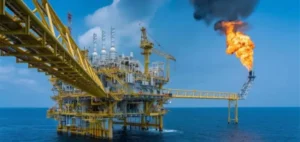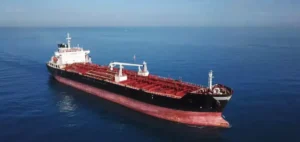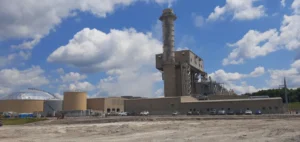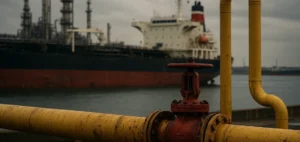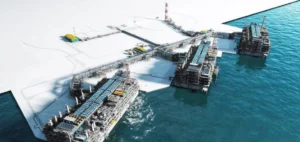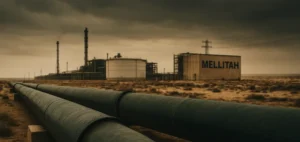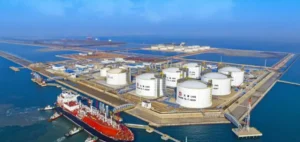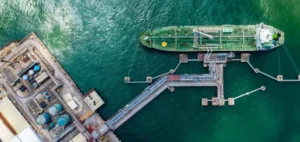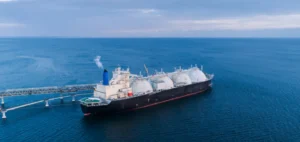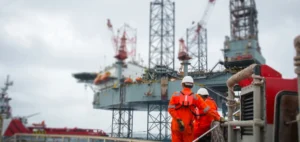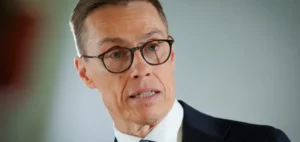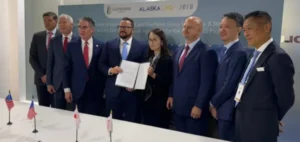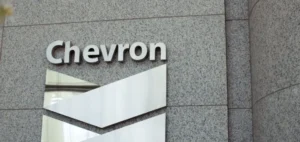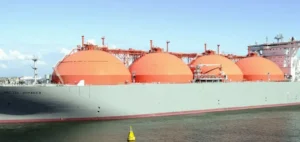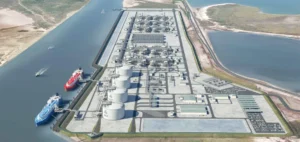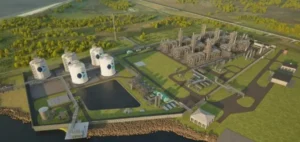Nord Stream 1 has been at the heart of the debate for weeks. The closure of the gas pipeline linking Russia to Germany has provoked numerous reactions. On Monday, German buyers reserved capacity to receive Russian gas via Nord Stream 1. Nevertheless, this reservation was quickly revised. No Russian gas was delivered to Germany.
Since the closure of Nord Stream 1, Moscow has not communicated about the possible reopening of its gas pipeline. Thus, this German reservation raises questions.
Nord Stream 1, a gas pipeline at the heart of the debate
Before the invasion of Ukraine, Russia supplied 40% of the EU’s gas. According to Moscow, the closure of Nord Stream 1, carrying up to 59.2 billion cubic meters per year, is the consequence of Western sanctions, which hindered the proper functioning of the pipeline.
In fact, Vladimir Putin reaffirms that Russia is not the cause of the energy crisis. At the same time, it calls on the EU to lift the sanctions preventing the commissioning of Nord Stream 2. He then declared:
“If it is so difficult for you, just lift the sanctions on Nord Stream 2, which represents 55 billion cubic meters of gas per year. Just press the button and everything will [re]begin.”
On the European side, Russia is accused of using energy as a weapon.
In any case, the closure of Nord Stream 1 exacerbates the energy crisis. As a result, gas prices continue to rise. The reduction in gas flows from Russia is resulting in a doubling of gas prices in Europe. In Germany, there is already talk of possible rationing to deal with this.
Gazprom, the operator of the pipeline, explains that it is not able to open the pipeline. Vitaly Markelov, deputy general director of the company, explained earlier this month that Gazprom was waiting for Siemens Energy. According to him, the German company did not repair the defective equipment.
For its part, Siemens Energy does not understand the request of the pipeline operator. The company comments:
“Our assessment is that the finding that has been communicated to us does not represent a technical reason to shut down the operation.”
Questions surrounding the appointments
Requests for gas, or appointments, reportedly appeared Monday morning. The aim was to deliver gas via the German pipelines connected to Nord Stream 1 to the end users. Nord Stream AG says it cannot confirm the nominations submitted via Nord Stream 1 for Monday.
A spokesman for Gascade, the German pipeline operator, says the appointments have been “renamed” to zero. In other words, no gas flows through the pipeline.
It was possible to observe these appointments on the websites of German gas pipelines. However, the Nord Stream 1 operator’s website did not show anything.
For the day of Monday, September 19, German buyers requested 3,652,554 KWh/h of gas via Nord Stream between 08:00 and 09:00 CET for delivery to the OPAL pipeline. For the NEL pipeline, buyers requested 14,291,845 KWh/h over the same period.



